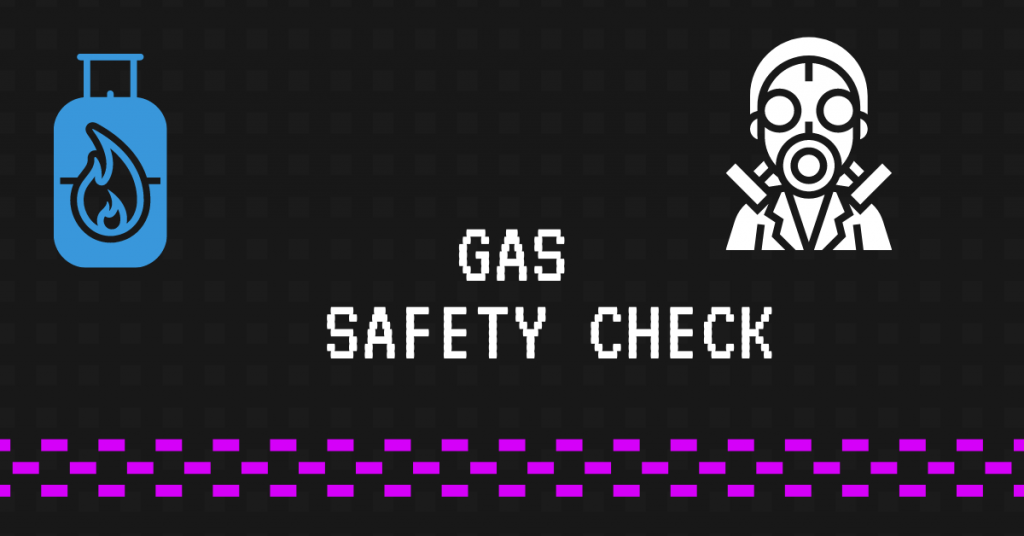Several men and women die every year from carbon monoxide poisoning caused by improper installation and maintenance of gas appliances and chimneys. However, it may kill in just a couple hours. That’s the reason why, as a landlord, then you should do your best by simply checking the protection of the gas appliances you have installed in your home.
What is a Gas Safety Check?
The gas safety evaluation entails a certified Gas Safe Registered Heating Engineer who assesses your appliances’ safety and confirms the system is working correctly. They’ll check:
- The venting ducts are unobstructed and completely functional.
- The device lights up at the correct operating pressure.
- Safety apparatus work efficiently.
- Harmful gases are discharging beyond the house.
How Many Time to Take Gas Security Check?
Gas security is ensured by regular inspections. Even when you’ve got a gas alert, additionally, it is important to get routine gas tests to be certain your home is safe.
A normal gas safety check requires 30 to 60 minutes to get a normal national property. However, in the event the need arises for repairs, it might take longer. Additionally, it depends upon the dimensions of your premises and location. Since the inspection involves each gas appliance in your house to ensure you are safe.
Remember that all gas checks must be done with a Registered Gas Safety Engineer. These are individuals who are trained to work from the gas area. And with routine gas checks, you can spare your life, cash, and time.
You Should Know the warning signs.
Look out for these signs. If you spot any of these, you will want to get your gas boiler serviced right off:
That is not to say that you need to wait for these signs to look before booking appliance support; assess the gas appliances’ manufacturer recommendations to learn how many times a service is recommended. When you haven’t got access to those, we’d recommend annual support – unless the gas petrol Safe registered scientist proposes otherwise.
Which appliances must be assessed for gas safety?
Appliances That Ought to Be checked each year include:
Boilers
Water heaters or circulators
Warm air heaters
Separate room heaters
Cooker boilers and fluid cookers
Vented and unvented hot water storage tanks
Micro co-generation appliances
For your own safety, you should only use gas appliances in accord with their consumer directions. You should never carry out any work on them yourself, or do anything that affects the gas supply.
The Safety of Your Boiler
The boiler is your most important gas blower in any property. This is why it is contained in your Gas Security Check. During the gas test, the protection of your boiler will be assessed.
Here are some signs to look out for your boiler is not any more gas safe:
If the check shows that your boiler is no more secure, then you might have to have it replaced. This can be an unforeseen expense, but we could help. At Greener Homes we’ve got a group of Gas Safe Registered Engineers to install a new boiler in your property. We have years of knowledge and provide you with a brand new boiler installed safely and quickly.
Annual Gas Safety Checks
As a landlord, it’s your responsibility to perform a gas safety check each 12 weeks. That is a legal requirement for the Gas Safety Regulations.
When the check is finished, you will be issued an Gas Security Lease Protocol or Gas Safety Check detailing all of the tests performed. It is also known as the CP12 certification.
Organizing a Gas Security Check
You need to arrange for a gas safety review within 10-12 months following the last review. This will not affect the expiry date of the first inspection. In case less than 10 months or longer than 12 months have passed since the previous test, you’ll have a new deadline of 12 months from the last check.
You’re not liable for the appliances owned by your tenants. However, you still have to ensure the security of any connecting chimneys, unless they are exclusively connected to the renter’s appliances.



